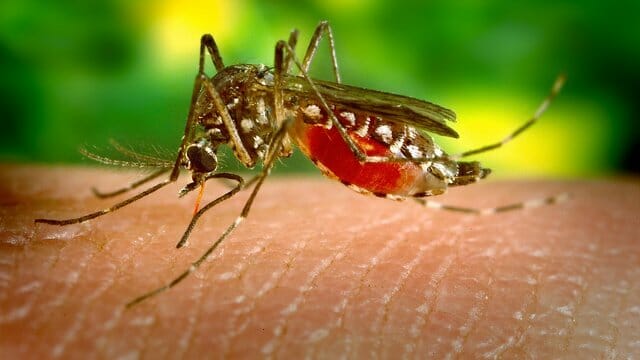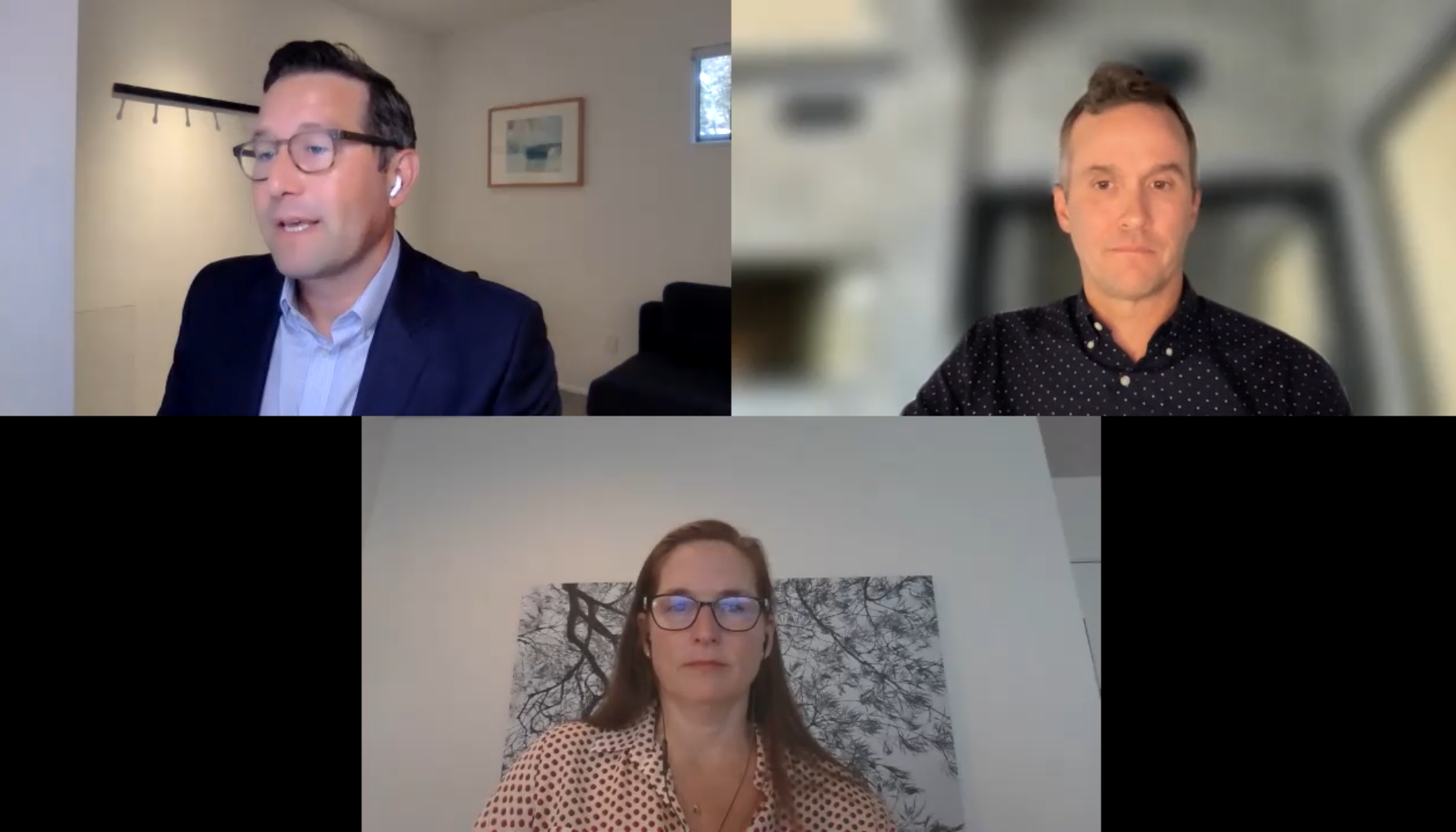Biotechnology is powering a major shift in the fight against the vectors that transmit malaria and other vector-borne diseases. Genetically engineered mosquitoes are proving highly effective in the targeted control of mosquitoes that spread dengue, and solutions for malaria vectors are in the pipeline.
In the second installment of a new webinar series entitled “Path to Zero: Innovations to End Malaria,” Malaria No More’s Martin Edlund talked with leaders in the field on preparing ground-breaking technologies for global impact in the fight against disease-spreading mosquitoes. Sponsored by Oxitec, a leading insect-based biological control system, Edlund was joined by Grey Frandsen, Oxitec’s CEO – as well as Dr. Helen Jamet, deputy director for Vector Control at the Bill & Melinda Gates Foundation, for a discussion entitled, “Ushering in a new era of biotechnology for sustainable, scalable vector control.”

New Tools for Malaria
“There is a major need for new tools to combat malaria. And in this case, where the malaria fight is in some areas, stalling climate change is pushing vectors into new areas….Do these technologies play a role in the fight against malaria or dengue?...That's no longer the question. The question now is how fast can we get into the field….As other tools are failing or challenged, we certainly feel like this is going to be an important piece of the solution part, part of the puzzle that's going to be necessary for success in combating this vector.” - Grey Frandsen, CEO, Oxitec
“Vector control, including insecticide treated bed nets and individual spraying, has been the most effective tool to decrease malaria transmission. But the impact of these existing tools is really dependent on the continued efficacy of insecticides and repeated delivery campaigns to keep up high coverage. So, while the insecticide based vector control talks have helped carry some countries to elimination, they have imperfect protection….So, new, durable and highly effective transformational tools for prevention are really going to be needed for eradication. And that's where tools like the second-generation vaccines and genetic based vector control comes in.” - Dr. Helen Jamet, Deputy Director for Vector Control, Bill & Melinda Gates Foundation
Leveraging Science & Innovation
“Oxitec has been deploying mosquitoes for well over a decade in communities, multiple countries, multiple communities….We use mosquitoes to hunt and find and mate with mosquitoes…We've deployed over a billion mosquitoes, well over a billion now, and have demonstrated exhaustively its safety and efficacy. And really, it's scalability now.” - Grey Frandsen, CEO, Oxitec
“I think we all recognize that there are a lot of malaria is very complex. There are many different factors that are carrying malaria…so removing one major vector doesn't necessarily mean that you remove all of the malaria. But if you can remove the main driver of burden…then you've gone a very, very long way to being able to get to elimination and eventually eradication... The approach that Oxitec is taking is really gets to the heart of what gene drive, genetic based vector control approaches in general are trying to do, which is to prevent biting from happening in the first place.” - Dr. Helen Jamet, Deputy Director for Vector Control, Bill & Melinda Gates Foundation



